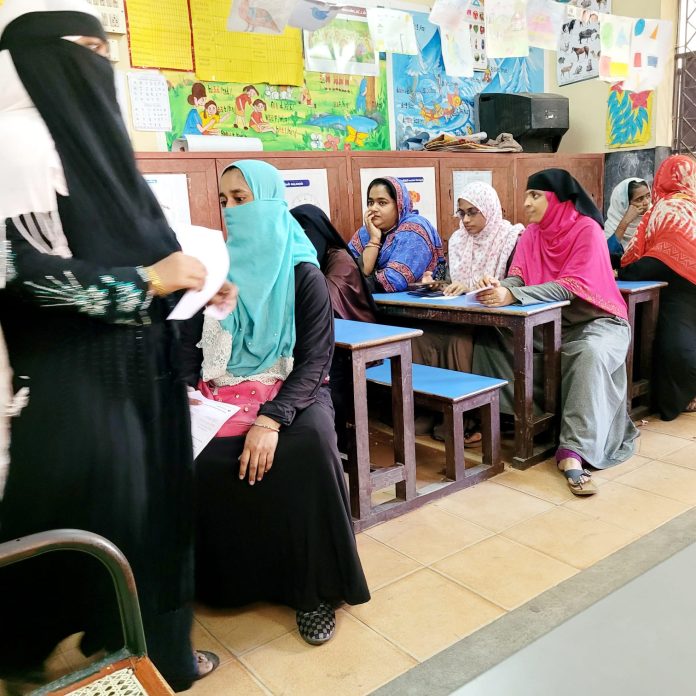– Rabia Basri
Mahatma Gandhi’s words, “If you educate a man, you educate an individual, but if you educate a woman, you educate an entire family,” reflect the transformative power of women’s education and empowerment. In this modern era, no nation can truly prosper economically and socially without harnessing the talents of all its citizens. Human potential is a valuable resource, and women constitute half of that potential. It is evident that countries that suppress women often lag economically. This article explores the socio-economic status of women, the challenges they face, and the steps needed to achieve gender equality for a brighter future.
The development and effectiveness of a village, state, or nation depend on the efficient utilization of its resources, and human talent is perhaps the most critical resource of all. Women play a pivotal role in this equation. Yet, the suppression of women in various societies holds back economic progress. We must acknowledge this reality and work toward gender equity.
Regrettably, gender disparities persist in many parts of the world, leading to devastating consequences. We often encounter economically disadvantaged mothers mourning over their deceased children because their families couldn’t afford life-saving medicines. Meanwhile, fathers may be found at nearby alcohol shops, exacerbating family problems through abusive behavior. Lack of education and financial independence contributes to the vulnerability of these women.
Education is a powerful tool in reducing violence against women and granting them control over their lives.
Gender gaps in job opportunities, wages, and political power persist, even in developing countries. It is disheartening to see women’s potential hindered by systemic inequalities. Addressing these disparities is imperative for societal progress.
Women worldwide still face horrific acts of violence and exploitation. Cases of human trafficking forced labor, and the heart-wrenching practice of “bride burning” occur daily with little government or societal intervention. Immediate action is needed to protect the rights and lives of women.
To contain the gender gap, we must take comprehensive measures. Women should enjoy equal legal rights and protection under the law, enforced by the government. Equal job opportunities and pay for equal work are non-negotiable. It is worth noting that Islam encourages women to work and empowers them to own their income, promoting economic equality.
Islamic teachings emphasize gender equality, recognizing women’s right to acquire knowledge and lead righteous lives. The Quran underscores the importance of knowledge and understanding in obedience to Allah, reinforcing the idea that women have equal opportunities for personal and spiritual growth.
While we observe an increasing number of women receiving education, only a small portion advance to management and leadership positions. This underrepresentation restricts the utilization of women’s knowledge and skills. Gender bias still challenges women as they enter new positions, especially in traditionally male-dominated professions. Research shows that society often perceives men as more competent and requires stronger evidence of women’s abilities.
The socio-economic status of women is inextricably linked to a nation’s progress. Empowering women is not merely a moral imperative but a practical necessity for a brighter future.
It is high time we dismantle the barriers that hinder women from realizing their potential, close gender gaps, and ensure equal opportunities for all. By recognizing and nurturing the talents of every individual, regardless of gender.




